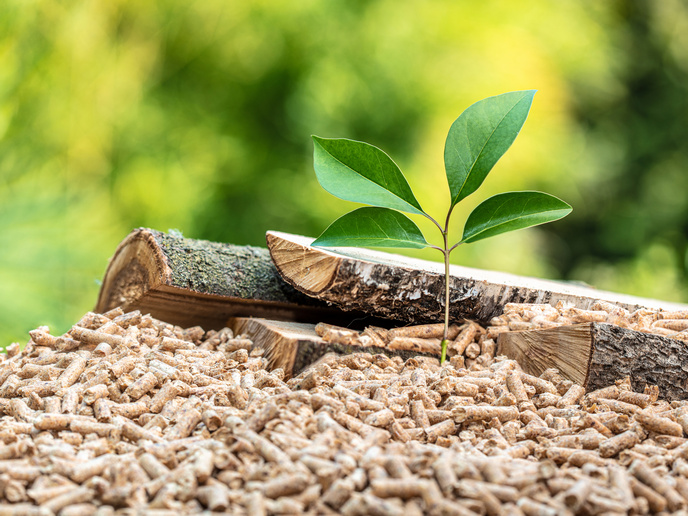Using trees for better farming
Rapidly spreading desertification in Africa and South America is having a major impact on farmers' livelihoods. Agroforestry systems can help these farmers become more resilient, but improved knowledge of tree species and how they interact with the environment is needed. The EU-funded FUNCITREE(opens in new window) project aimed at helping farmers in these regions. It thus set out to provide portfolios of regionally suitable tree species, based on theories and concepts from agroforestry and ecological science. First, FUNCITREE had to understand what farmers want and need. Researchers assessed how trees were being used and valued in three case study areas in Mali, Nicaragua and Senegal. They evaluated biophysical conditions, which entailed the production of landform and soil maps. In addition, the team characterised the social groups managing the land, including preferences in terms of tree and shrub species and how they are used. Researchers investigated how farmers used trees in Africa and South America, and linked this to traits of trees. They also compiled lists of tree species in various areas and catalogued their functions, according to the local farmers. In particular, FUNCITREE looked at which tree traits are associated with ecosystem services like soil quality, food and forage. From this, scientists could study how different species affected the productivity of plants below them (the understorey) and the role of different trees in carbon cycling. With higher temperatures and lower rainfall now predicted in the arid and semi-arid tropics, an overall reduction of rangelands and livestock production will have drastic effects. At risk are food security, fuel production, biodiversity conservation, and even cultural and social values among many of the world's most vulnerable populations. FUNCITREE concluded that diverse groups of tree species were required to provide the agricultural and ecological functions envisioned by the project. Project outcomes should help farmers to increase resilience to a changing climate before the worst effects can be felt.




